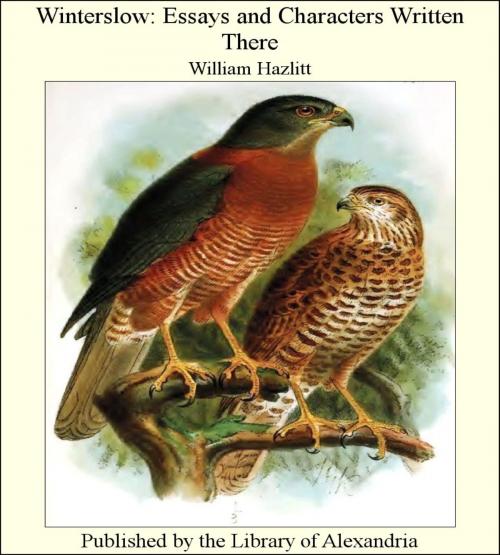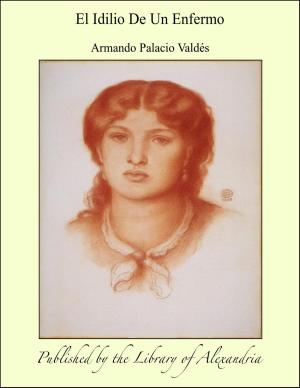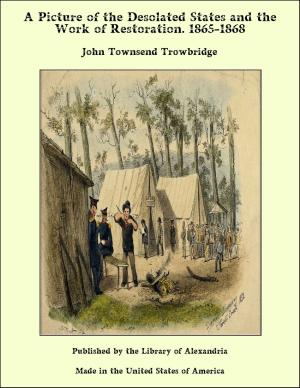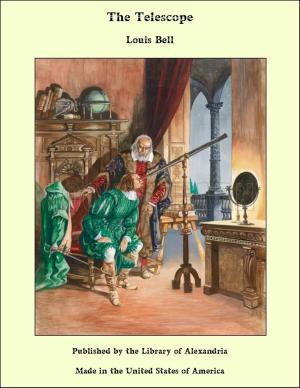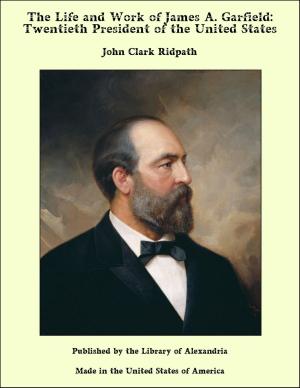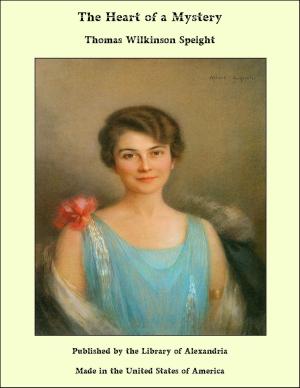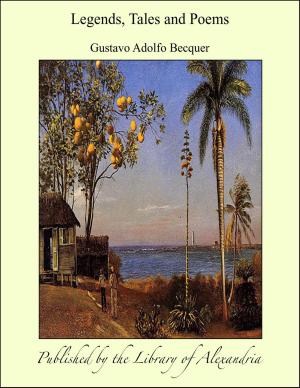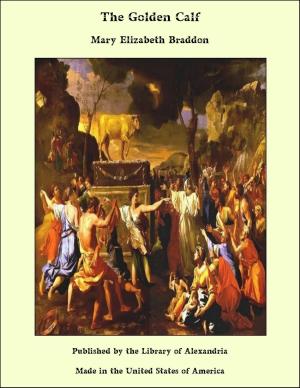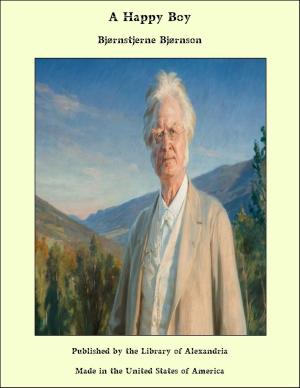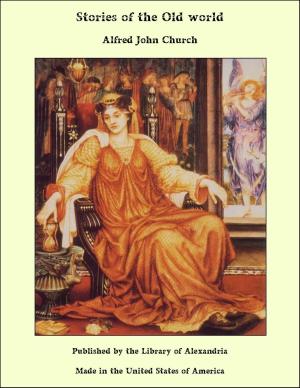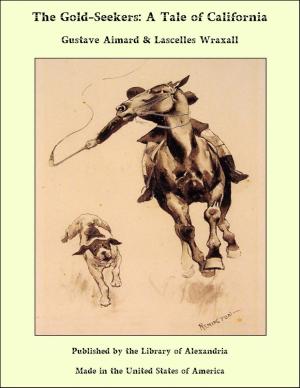Winterslow: Essays and Characters Written There
Nonfiction, Religion & Spirituality, New Age, History, Fiction & Literature| Author: | William Hazlitt | ISBN: | 9781465524416 |
| Publisher: | Library of Alexandria | Publication: | March 8, 2015 |
| Imprint: | Language: | English |
| Author: | William Hazlitt |
| ISBN: | 9781465524416 |
| Publisher: | Library of Alexandria |
| Publication: | March 8, 2015 |
| Imprint: | |
| Language: | English |
My father was a Dissenting Minister, at Wem, in Shropshire; and in the year 1798 (the figures that compose the date are to me like the ‘dreaded name of Demogorgon’) Mr. Coleridge came to Shrewsbury, to succeed Mr. Rowe in the spiritual charge of a Unitarian Congregation there. He did not come till late on the Saturday afternoon before he was to preach; and Mr. Rowe, who himself went down to the coach, in a state of anxiety and expectation, to look for the arrival of his successor, could find no one at all answering the description but a round-faced man, in a short black coat (like a shooting-jacket) which hardly seemed to have been made for him, but who seemed to be talking at a great rate to his fellow passengers. Mr. Rowe had scarce returned to give an account of his disappointment when the round-faced man in black entered, and dissipated all doubts on the subject by beginning to talk. He did not cease while he stayed; nor has he since, that I know of. He held the good town of Shrewsbury in delightful suspense for three weeks that he remained there, ‘fluttering the proud Salopians, like an eagle in a dove-cote’; and the Welch mountains that skirt the horizon with their tempestuous confusion, agree to have heard no such mystic sounds since the days of ‘High-born Hoel’s harp or soft Llewellyn’s lay.’ As we passed along between Wem and Shrewsbury, and I eyed their blue tops seen through the wintry branches, or the red rustling leaves of the sturdy oak-trees by the road-side, a sound was in my ears as of a Syren’s song; I was stunned, startled with it, as from deep sleep; but I had no notion then that I should ever be able to express my admiration to others in motley imagery or quaint allusion, till the light of his genius shone into my soul, like the sun’s rays glittering in the puddles of the road. I was at that time dumb, inarticulate, helpless, like a worm by the way-side, crushed, bleeding, lifeless; but now, bursting the deadly bands that bound them, ‘With Styx nine times round them
My father was a Dissenting Minister, at Wem, in Shropshire; and in the year 1798 (the figures that compose the date are to me like the ‘dreaded name of Demogorgon’) Mr. Coleridge came to Shrewsbury, to succeed Mr. Rowe in the spiritual charge of a Unitarian Congregation there. He did not come till late on the Saturday afternoon before he was to preach; and Mr. Rowe, who himself went down to the coach, in a state of anxiety and expectation, to look for the arrival of his successor, could find no one at all answering the description but a round-faced man, in a short black coat (like a shooting-jacket) which hardly seemed to have been made for him, but who seemed to be talking at a great rate to his fellow passengers. Mr. Rowe had scarce returned to give an account of his disappointment when the round-faced man in black entered, and dissipated all doubts on the subject by beginning to talk. He did not cease while he stayed; nor has he since, that I know of. He held the good town of Shrewsbury in delightful suspense for three weeks that he remained there, ‘fluttering the proud Salopians, like an eagle in a dove-cote’; and the Welch mountains that skirt the horizon with their tempestuous confusion, agree to have heard no such mystic sounds since the days of ‘High-born Hoel’s harp or soft Llewellyn’s lay.’ As we passed along between Wem and Shrewsbury, and I eyed their blue tops seen through the wintry branches, or the red rustling leaves of the sturdy oak-trees by the road-side, a sound was in my ears as of a Syren’s song; I was stunned, startled with it, as from deep sleep; but I had no notion then that I should ever be able to express my admiration to others in motley imagery or quaint allusion, till the light of his genius shone into my soul, like the sun’s rays glittering in the puddles of the road. I was at that time dumb, inarticulate, helpless, like a worm by the way-side, crushed, bleeding, lifeless; but now, bursting the deadly bands that bound them, ‘With Styx nine times round them
